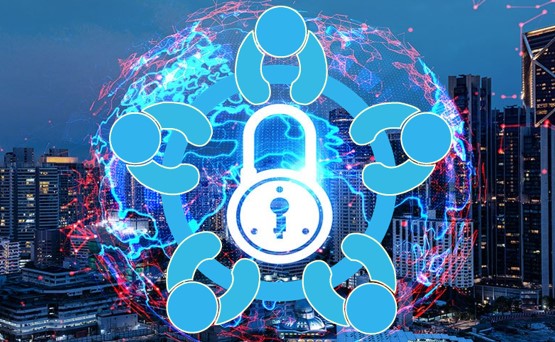Shedding Light on Malware Crypting Services: A Call for Increased Scrutiny
October 20, 2023

In the dark corners of the cybercriminal underworld, a sinister service thrives—malware crypting. Malware crypting services offer sophisticated techniques to obfuscate malicious code, making it harder for security defenses to detect and analyze. While the concept of malware crypting may seem intriguing from a technical standpoint, it is essential to understand the dangers and call for increased scrutiny of these services. In this blog post, we will delve into the world of malware crypting services, highlighting the risks they pose and emphasizing the need for closer examination.
Understanding Malware Crypting Services:
Malware crypting services provide cybercriminals with a way to modify their malicious code to evade detection by security solutions. By encrypting or obfuscating malware, these services make it difficult for traditional antivirus software and security tools to recognize and analyze the threat. Crypting techniques may include encryption, code obfuscation, polymorphism, or metamorphism, all aimed at altering the malware’s appearance without altering its functionality.
The Dangers and Implications:
- Evasive Threats: Malware crypting empowers cybercriminals to create evasive threats that can bypass traditional security measures. By continually modifying the malware’s code, crypting services enable attackers to maintain a persistent presence and increase the likelihood of successful attacks. This makes it challenging for security tools to identify and mitigate the threats effectively.
- Rapid Evolution: Malware crypting services facilitate the rapid evolution of malware, enabling cybercriminals to keep pace with the latest security defenses. As security vendors update their detection mechanisms, crypting services offer quick modifications to malware, enabling it to evade detection once again. This constant cat-and-mouse game makes it crucial for security professionals to remain vigilant and adapt their defenses accordingly.
- Expanded Attack Surface: With malware crypting, cybercriminals can target a broader range of victims. By evading detection, malware can infiltrate systems, compromise sensitive data, and potentially wreak havoc within organizations. The expanded attack surface poses a significant risk to individuals, businesses, and even critical infrastructure sectors.
- Underground Economy: Malware crypting services are part of a thriving underground economy that fuels cybercrime. By providing easy access to advanced techniques, these services enable even inexperienced attackers to launch sophisticated attacks. The accessibility and anonymity of these services contribute to the growth of cybercrime as a whole.

Increasing Scrutiny and Mitigating the Risks:
- Enhanced Detection Mechanisms: Security vendors must continuously enhance their detection mechanisms to identify and counter the evolving threat landscape. By investing in advanced behavioral analysis, machine learning algorithms, and threat intelligence sharing, security solutions can stay ahead of malware crypting techniques.
- Collaboration and Information Sharing: Increased collaboration and information sharing between security vendors, researchers, and law enforcement agencies are crucial. By pooling resources and sharing knowledge, the cybersecurity community can identify emerging threats, analyze crypting techniques, and develop countermeasures more effectively.
- User Awareness and Education: Raising awareness among users is key to mitigating the risks posed by malware crypting. Organizations should provide comprehensive cybersecurity awareness training to employees, emphasizing the importance of safe browsing habits, recognizing social engineering tactics, and exercising caution when opening attachments or clicking on suspicious links.
- Proactive Incident Response: Organizations should adopt proactive incident response strategies to detect and respond to security incidents promptly. This includes implementing robust monitoring systems, conducting regular security assessments, and establishing incident response plans. Proactive measures help identify and mitigate the effects of malware crypting attacks swiftly.
Malware crypting services present significant challenges for the cybersecurity landscape, allowing cybercriminals to evade traditional security defenses and exploit vulnerabilities. To counter this threat, increased scrutiny is necessary. Security vendors must enhance their detection mechanisms, while collaboration, user education, and proactive incident response are vital for organizations. By collectively addressing the risks associated with malware crypting, we can build a more resilient cybersecurity ecosystem and protect ourselves against the ever-evolving landscape of advanced threats.
Have Any Question?
Call or email Cocha. We can help with your cybersecurity needs!
- (281) 607-0616
- info@cochatechnology.com



